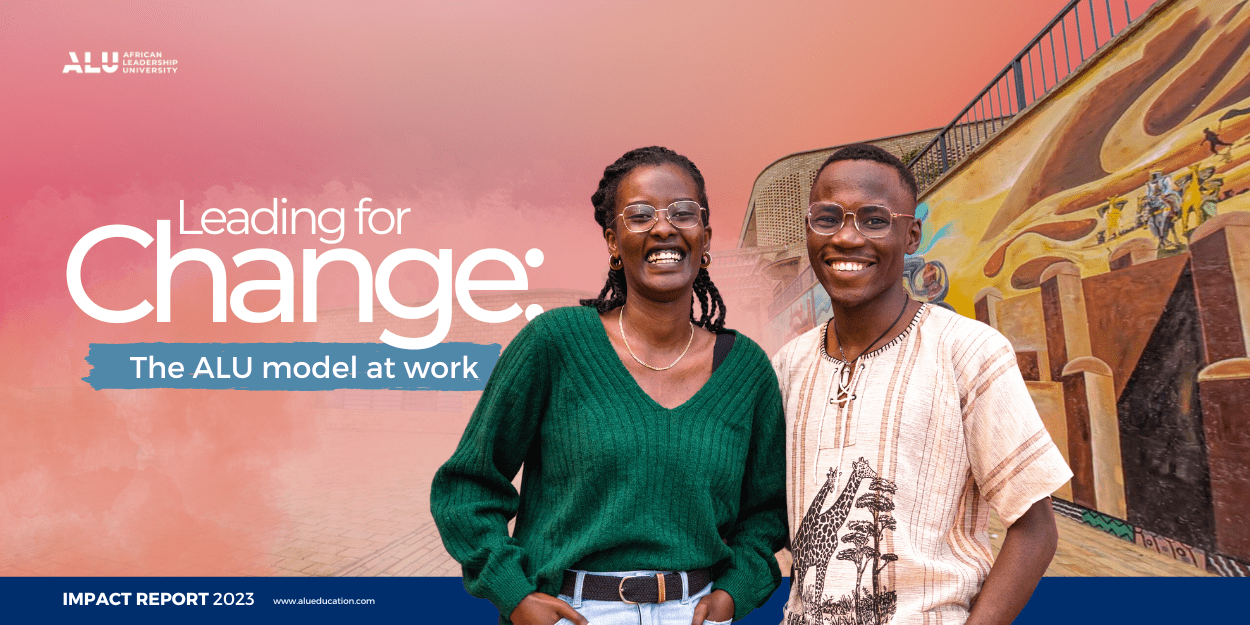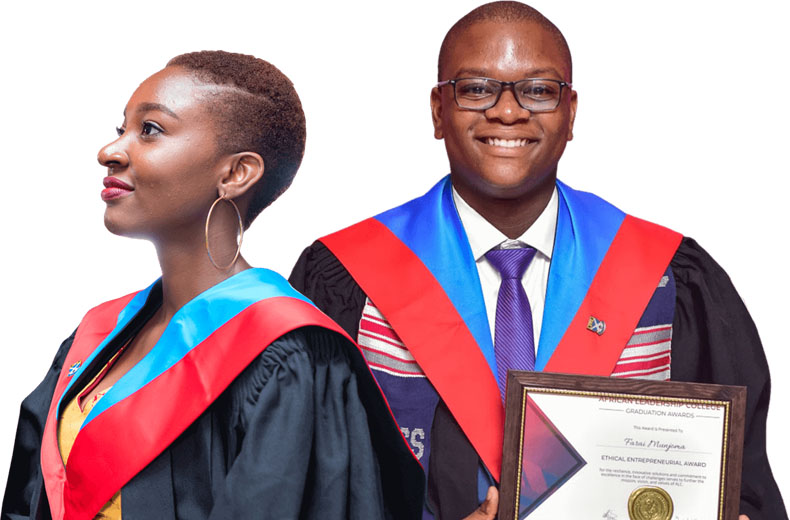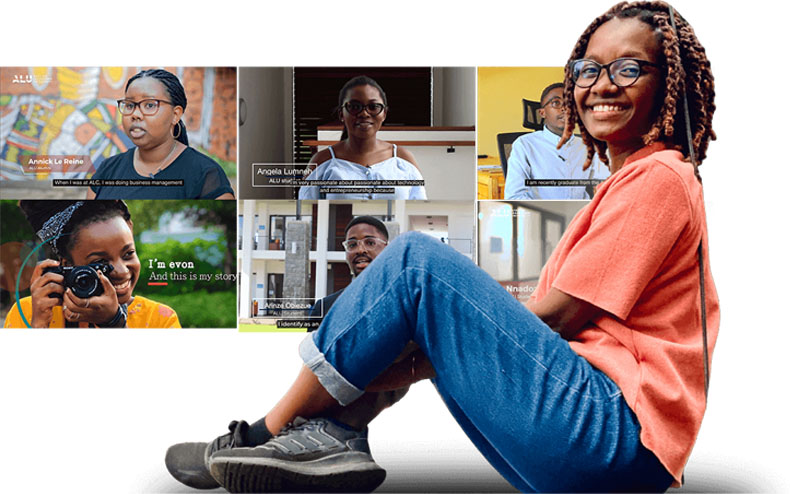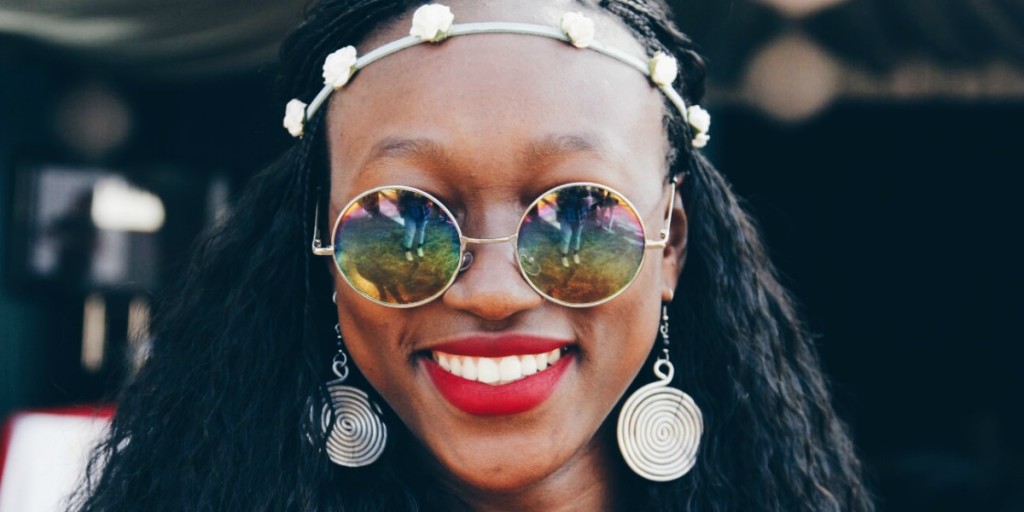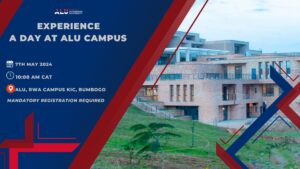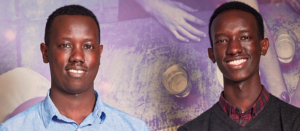Stephanie Gogo spent most of her time in high school yearning for something more. She longed to find a place where her story could become anything she dreamt of, surrounded by people whose dreams were just as crazy as hers. Five months ago, Stephanie Gogo came to Mauritius from Nairobi, Kenya as one of the founding students of ALU’s inaugural campus, African Leadership College . Eating french fries and cheese in ripped jeans in a small restaurant in Grand Baie near the student residences, she told me her story.
Tell me a little bit about yourself.
I’m 18 years old. I’m a Kenyan. I love fashion, I love people, I love colours and social justice. That’s my big cause.
Social Justice? Tell me more about that.
In my country, life is great for only certain type of people from a certain class. My big a-ha moment was during the 2007 civil war. Violence was everywhere and I lived in a suburb next to Kibera, Africa’s biggest slum. When the war broke out and people were fighting, a great deal of it took place in the slums and eventually spilled into the suburbs. I lived in a house with my mother, two sisters and brother. The security guard was like “I’m out” and he abandoned us to find his own family. We would close the gates, sit and pray that no one jumps over. So that was my a-ha moment and I was angry. That war disrupted my life. There was so much terror- people needed psychotherapy classes to get over it. Even now, there are people who still haven’t gotten over it. I realized that that’s what I want to do. I don’t want to have to sit through another war like that because two people or two tribes don’t like each other. That’s what I’m dedicating myself to.
So how does fashion come into that?
In my country people look at tribes as separate and distinct. I noticed that many different and beautiful cultural outfits from various communities compliment each other. My grandmother was a tailor who made a lot of African clothes, a passion she passed down to my older sister who passed it down to me. My sister has a fashion line and makes lots of African-inspired clothes. When I was 14 she asked me to model some of her designs. From that moment I decided I want to make outfits that tell a story- paint a picture of how beautiful our diversity is. I plan on replicating outfits of some of the greatest people in Africa. For example, if Kwame Nkrumah wore a suit, I would replicate it with a twist by putting some funky colours on it. I’m hope to come out with a fashion line next year.
Do you have a name for the fashion line yet?
Urban Echo
How did that name come about?
It actually came up last year, during the ALU Learning Lab in Johannesburg. We had this thing called D-Lab, a pilot programme for students to run their ventures. I wanted to make a fashion line that was urban, but still echoed the past and its influences in fashion today.
You said you were part of Learning Lab, how did you get into that?
I had applied to ALU and was waitlisted. ALU took some of the waitlisted students to the Learning Lab in Johannesburg to test out the Learning Model and I was selected to participate.
What were some of your initial reactions to ALU’s new Learning Model during Learning Lab?
At first I thought, “this is cool.” I had never been in a room with people from so many different African countries. In my high school, if you weren’t Kenyan, you were probably from the US, UK or Asia. As soon as I got to Learning Lab I was met with a warm welcome. Back home if you express interest in multiple areas for example, fashion and politics, people say you’re crazy. When I told my peers of my diverse interests it seemed normal, I was surrounded by people who wanted to build spaceships!
What drew you to ALU in the first place?
There are a lot of things wrong with my country as much as there are things that are right in the education system. I find it hard to sit from 8:00a.m. to 5:00p.m. and get information drilled into my head. I’m an active person- I’d rather run around class or create things with my hands. That’s the first thing that drew me to ALU. Right from the start the model was different, they weren’t doing education how it’s always been done in Africa. At ALU you have a say in how you get to be taught and that’s why I came here.
In what ways has ALU been that place for you to learn in a way that works for you?
Probably through class first. When I don’t understand something in class I feel confident enough to ask, knowing that my question will be acknowledged and addressed. I also feel like I can express myself by starting initiatives and clubs. One example is Floetry, a society my friends and I started. We got tired of having just lunchtime conversations about feminism and other related topics. I thought “why not take this conversation elsewhere?” Mr. Veda, the Director of Student Life was so happy to help and we received incredible support from the entire ALU community. I feel like I can achieve great things here.
Can you tell me more about Floetry?
We have bimonthly sessions at one of our campus locations, Mon Choisy, on Saturdays for about 2 hours. In these sessions, we discuss a topic that someone raised or suggested a week prior. Floetry doesn’t have any members. It is open to all members of the ALU community and we encourage people to participate in conversations that will be relevant or meaningful to them. So far it’s been great. We have different kinds of people with different backgrounds, experiences and opinions.
Besides Floetry, what other ventures are you a part of?
So many- drama, music and MUN.
How does it feel being part of the founding class of a college? This isn’t something that happens very often.
It feels great. My high school was one of the first schools in Kenya, started by missionaries in the early 1900s. There are pictures on the walls of students from generations back and I keep thinking to myself, “that’s gonna be us many years down the line, generations to come will see us like this” I mean, there are problems that come with being part of any new institution but at the same time it’s exciting to be part of the team that will set the foundation of the culture that others will follow and add on to. As much as I know ALU will get better there will only ever be one founding class and I’m happy to be a part of that.

